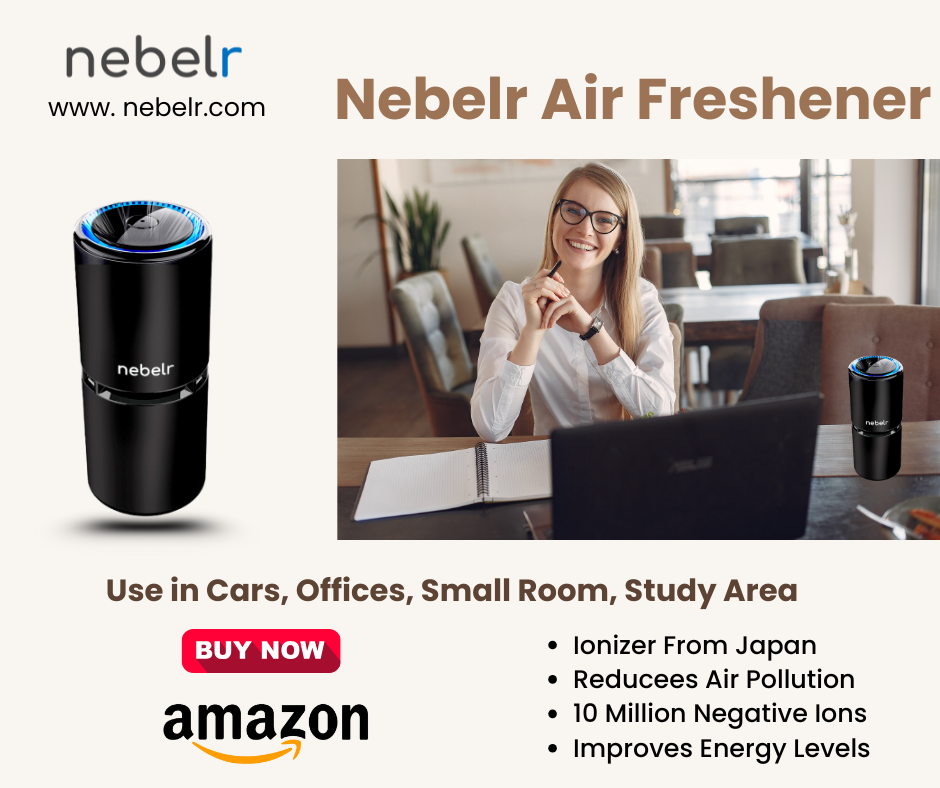Benefits of Air Ionizer
- Oct 30, 2019
- 1 min read
Air ionizer (also known as the ionic filter, or ion generator) is one of the most popular air filters being used by the air purifiers. Instead of using the fan to pull in the polluted air into a physical air filter, the standalone air ionizer uses the electricity to emit the cloud of negative ions (or anions) to electrically charge the air molecules. As a result, the negative ions charges and attracts the airborne particles to fall onto the nearby either charged collector plate or mechanical air filter, or simply the nearest walls and ceilings.
Unlike the True HEPA filter, which is capable of dealing with 99.97% of all particles down to 0.3 microns in size, the air ionizer can reduce the size of the allergens to as small as 0.1 microns. Microns, which are one-millionth of a meter, are how particles are measured. To help you know the size of a micron, we are unable to visually see anything less than 10 microns. Also, the sizes of particles as dust, pollen bacteria, virus and many more are as below.
Particle
Particle Size
Atmospheric Dust
0.001 – 40
Bacteria
0.3 – 60
Beach Sand
100 – 10000
Burning Wood
0.2 – 3
Cement Dust
3 – 100
Clay, fine
0.5 – 1
Coal Dust
1 – 100
Combustion
0.01 – 0.1
Dust Mites
100 – 300
Fly Ash
1 – 1000
Grain Dusts
5 – 1000
Household dust
0.05 – 100
Human Hair
40 – 300
Insecticide Dusts
0.5 – 10
Lead Dust
0.1 – 0.7
Mold Spores
10 – 30
Pet Dander
0.5 – 100
Pollen
10 – 1000
Smoke
0.01 – 0.1
Tobacco Smoke
0.01 – 4
Viruses
0.005 – 0.3



Comments